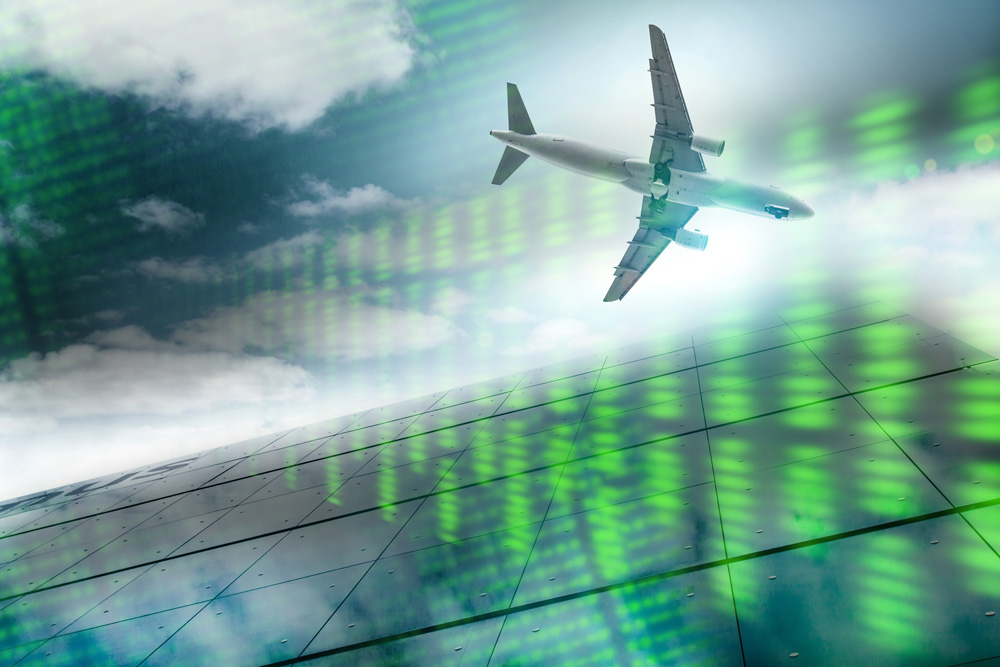Achieving high, uniform levels of safety and sustainability in the aviation sector is a cooperative task shared by multiple actors worldwide. One of the most important actors at the international level is the International Civil Aviation Organization (ICAO). ICAO is an agency of the United Nations with the core mandate of helping States to achieve the highest possible degree of uniformity in civil aviation regulations, standards, procedures, and organisation.
EASA and ICAO
As two of the leading aviation organisations in the world, EASA and ICAO cooperate closely in achieving common objectives on safety and sustainability. There are a wide range of EASA activities that facilitate this cooperation, including: 
- Working with the European Commission and EASA Member States to coordinate common positions on matters addressed at global level.
- Supporting EASA Member States in implementing the ICAO standards.
- Exchanging safety information with ICAO to reduce the burden on its Member States. Specifically, EASA and ICAO have signed a Working Arrangement through which they coordinate their auditing activities. This means that, when inspecting a Member State, EASA may collect evidence needed by ICAO to close their own findings or assess the level of compliance with ICAO standards.
- Providing technical expertise to ICAO activities: EASA experts take part in the work of around 50 ICAO panels, committees, working groups, study groups and task forces. Additionally, under the Working Arrangement mentioned above, EASA staff are trained as ICAO auditors and take part in ICAO’s Universal Safety Oversight Audit Programme audits in the EASA states and elsewhere.
- Maintaining a permanent representation in Montréal, which serves as a liaison office with ICAO through participating in ICAO meetings, informing on EASA policies and regulatory developments, and maintaining a working relationship on technical matters with the ICAO Secretariat.
- Contributing to the “No Country Left Behind” initiative, by coordinating its technical assistance activities with ICAO and other donors at global and regional level. EASA also co-chairs ICAO’s Aviation Safety Implementation Assistance Partnership.
Cooperation on Environmental Protection
-
EASA’s Participation in the Committee on Aviation Environmental Protection (CAEP)
 EASA has leadership roles and actively contributes to various aspects of the ICAO Committee on Aviation Environmental Protection work programme, which develops and maintains the Annex 16 international standards on aircraft noise and emissions. Once the standards have been agreed in ICAO, EASA works with the European Commission to implement them into EU legislation by amending the corresponding Regulation.
EASA has leadership roles and actively contributes to various aspects of the ICAO Committee on Aviation Environmental Protection work programme, which develops and maintains the Annex 16 international standards on aircraft noise and emissions. Once the standards have been agreed in ICAO, EASA works with the European Commission to implement them into EU legislation by amending the corresponding Regulation.
-
Hosting of ICAO Aircraft Engine Emissions Databank
The ICAO Aircraft Engine Emissions Databank is hosted by EASA on behalf of ICAO. This database contains certified information on the exhaust emissions of aircraft engines provided by engine manufacturers. The frequency of databank updates depends on the availability of new data but is typically at least once a year.
-
Promotion of ICAO Carbon Offsetting and Reduction Scheme for International Aviation (CORSIA) and Sustainable Aviation Fuels (SAF)
Through the participation in the CAEP working groups, EASA has been supporting the development and maintenance of Standards and Recommended Practices SARPs, Implementation Elements and Guidance Material covering CORSIA and its eligible emissions units / fuels.
EASA is also actively participating in the ICAO Assistance, Capacity-building and Training for Sustainable Aviation Fuels (ACT-SAF) programme. This programme was launched to create opportunities for States to develop their full potential in SAF development and deployment, in line with the ICAO's No Country Left Behind initiative.
Stay informed on EASA's International activities
Read more on EASA’s international cooperation on EASA Light. You can register to be notified when new articles come out.
For a complete overview on EASA's International Cooperation activities, take a look at EASA Pro.
